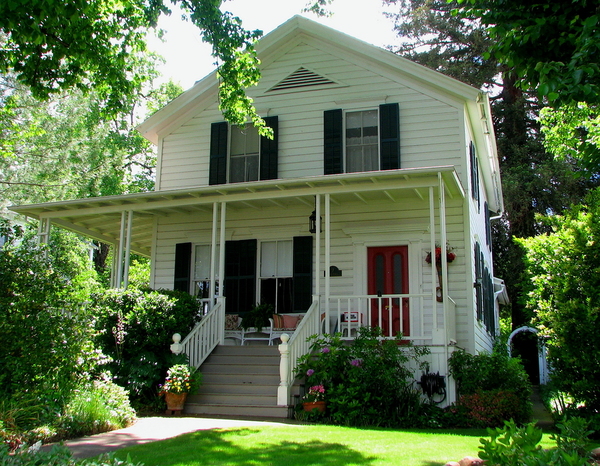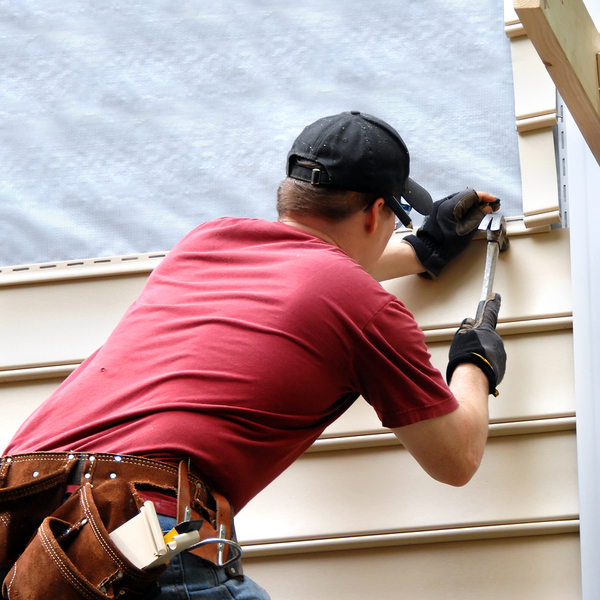How to Find the Perfect Fixer-Upper Home
Posted on Tuesday, February 7, 2017

An older or damaged home can look like a deal in the making, but is it right for you?
It's a little run down, but it's just right. Are you on the lookout for the perfect fixer-upper home? When you're buying a house, here's how to tell if a fixer-upper is the right project for you.
You Love the Neighborhood
You can fix a house, but you can't fix the neighborhood nearly as easily. Don't be persuaded by a home that's a steal, even if you think that you can fix it. The price could reflect the state of the community around the home as well. If you're going to live in your fixer-upper or if you'd like to flip it, you need to consider what amenities are in the neighborhood. Does it have a community center? How are the schools? Is it close to transit? Choose a home for its features, but choose it for the neighborhood's features as well.
You Look Past the Facade
The perfect fixer-upper is one that has cosmetic problems but few serious flaws. For example, you might find a home that has hideous paint and carpet throughout. Perhaps it's seen a lot of wear and the flooring is worn and the walls are scuffed. That's a turnoff to prospective buyers, and it can turn off the novice home buyer. However, you need to look past the flaws that are cheap to fix and look at the structure of the home instead.
The Home Has Good Bones
Repainting a home is simple and inexpensive, but taking on a large renovation involves a larger expense. If you look around at a house and realize that its layout just doesn't work for your family, investigate how much work you'll need to do to make it work. Will it involve an addition to the house? Will you need to move walls? What walls can you move or remove easily? Buying a home with a layout that generally suits your family will be much less expensive than buying a home that you need to gut in order to be happy.

The right fixer-upper is one that you can fix yourself.
You Can Do It Yourself
If you're considering selling the house in the future, look for renovations that have a strong payback. Can you do the renovations yourself? How much will they add to the value of your home?
Many of the least expensive renovations such as new paint have a large payback, while according to This Old House, "major repairs - plumbing and electrical system overhauls, foundation upgrades, and extensive roof and wall work - are usually "invisible" and hardly ever raise the value of the house enough to offset the cost of the renovation."
You're Buying a House With No Fatal Flaws
Before you fall completely in love with a house, you need to look at it with a critical eye. Get a home inspection, and ask the following questions.
- How is the foundation?
- Is the roof leaking?
- Are there mold or mildew concerns?
- Is the electrical system working well, and is it wired properly?
- How well does the plumbing work?
- Do any major systems such as the air conditioning, furnace, or doors and windows need to be replaced?
- Has there been serious damage to the house in the past?
- Overall, is the house structurally sound?
If any of these concerns are present in a home, take a hard look at your budget before committing to buy, as these projects are often work for a professional.
At Open for Homes, we're committed to helping you find the right home. When you're buying a house, the options can seem overwhelming. Use our easy search functions and real estate tips to help you narrow your search. Subscribe today.

